Is clutter privilege?
Serena Williams once said “Pressure is a privilege.” It revealed the perspective of difficulty as sometimes being a privilege. If this is true, then the abundance of things, even things we don’t want, could also be privilege.
Is clutter privilege? After reading this Atlantic article you might think so. Just because something feels difficult, burdensome, or even put upon us, doesn’t mean it’s not a weight that others might aspire to carry, instead of their own circumstances. The choice to live as a “minimalist" on the opposite end of the spectrum is an equal privilege.
Arielle Bernstein, the author of Marie Kondo and the Privilege of Clutter was raised by Polish-Cuban immigrants. She views the Marie Kondo craze through the eyes of her parents who lived with so little in infamously restrictive Cuba:
Of course, in order to feel comfortable throwing out all your old socks and handbags, you have to feel pretty confident that you can easily get new ones. Embracing a minimalist lifestyle is an act of trust. For a refugee, that trust has not yet been earned. The idea that going through items cheerfully evaluating whether or not objects inspire happiness is fraught for a family like mine, for whom cherished items have historically been taken away. For my grandparents, the question wasn’t whether an item sparked joy, but whether it was necessary for their survival. - Arielle Bernstein
My father arrived in America from Estonia (via 5 years in Germany) in 1950 with one small suitcase and $7.50 to his family’s name. Anyone with refugees or immigrants for parents (or having migrated themselves) assigns value to possessions that the rest of us cannot imagine. To them, especially the closer they are to the immigration, to let go Kondo-style might be perplexing and impossible.
The author isn’t arguing that either camp is the right one, but helps add color to the increasingly popular conversation of retaliating against our consumeristic culture and its side effects.
There are lessons here for both camps.
We “privileged” Americans have something to learn from those who came and continue to come here with next to nothing. We can understand that our urgency around clicking and buying is indeed a privilege, and this privilege can quickly turn into a very real burden of too much. To let go of a lot, might bely the ugly truth of consuming a lot. Recognizing this will hopefully put in place some friction to slow down the mass influx of unimportant things.
Anyone within or outside that generalization who wants to let go of more has permission to be more accepting of themselves. As an Organizer I sometimes say “It’s just stuff,” but I know that that is not always helpful because it’s not always the case.
For more on the great value placed on ordinary I urge you to view photographer Brian Sokol’s photo project with the UN Refugee Agency. It is a moving collection of portraits of refugees with the one object they couldn’t part with when fleeing home. Sometimes a cooking pot is all you have in this world - something to think about when you have 15 of them - in storage.

